6. Mad Detective (2007)
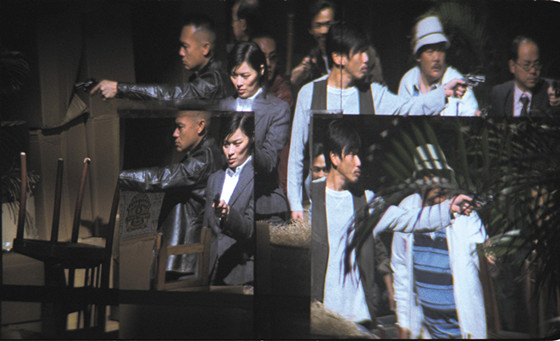
Speaking of cryptic mystery thrillers brilliantly told from the unreliable perspective of characters suffering from a dissociative identity disorder, Johnnie To’s brainteaser stretches the cop procedural formula way past its breaking point to force the viewer to question reality and put the pieces together while refusing to give a definitive answer as to whether what they are watching onscreen at any given moment is actually happening or not.
Ambiguity is the name of the game in this unsung gem of Hong Kong cinema, which by all accounts begs for a second viewing as it pulls audiences into the twisted mindscape of a schizophrenic detective called Bun who claims to possess a supernatural gift that allows him to see people’s “inner personalities”. Is the man truly unhinged, or a misunderstood genius at work, you may ask? Well, we won’t spoil it here, but the film knowingly throws you off the scent going back and forth between the two without spelling things out, as the thin line between reality and hallucination gets even slipperier once Bun is brought back into the fold five years after being put out to grass to assist an inexperienced officer with a knotty homicide case involving a suspect with multiple split personalities.
“Mad Detective” is a hard nut to crack with an anything-goes premise that on paper sounds nearly impossible to pull off convincingly or be taken seriously. But leave it to a veteran genre specialist like Johnnie To to keep his cards close to chest and masterfully play with our expectations at every turn. Also, don’t be too shocked if you come away tempted to hit the replay button right as the credits start to roll.
7. 3 Women (1977)
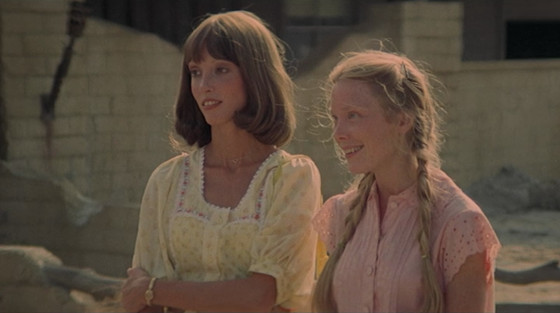
When you’re done with “Persona”, another tricky character study worth keeping tabs on is this ’70s deep cut starring Sissy Spacek and the late great Shelley Duvall as two nurses working at a health spa for elderly people in a remote California desert town. Though its broad strokes allegedly came to director Robert Altman in a dream, you can see hints of Ingmar Bergman’s 1966 masterpiece all over “3 Women”, not just in the fractured female identities and merging of personalities but in the ethereal, trance-like atmosphere that permeates the entire film.
Are we supposed to take Duvall and Spacek’s bickering roommates — the former nauseatingly chatty, sophisticated, and self-centered; the latter introspective, gauche, and overly clingy — as two non-reconciled halves of the same psyche? Are they, along with Janice Rule’s motherly figure, living embodiments of different stages of womanhood? The interpretations are as endless as they are inconclusive, but one thing is certain: If by the time the film is over you don’t immediately feel the urge to go down its rabbit hole once again in search of answers, you’re stronger than we are.
8. Certified Copy (2010)
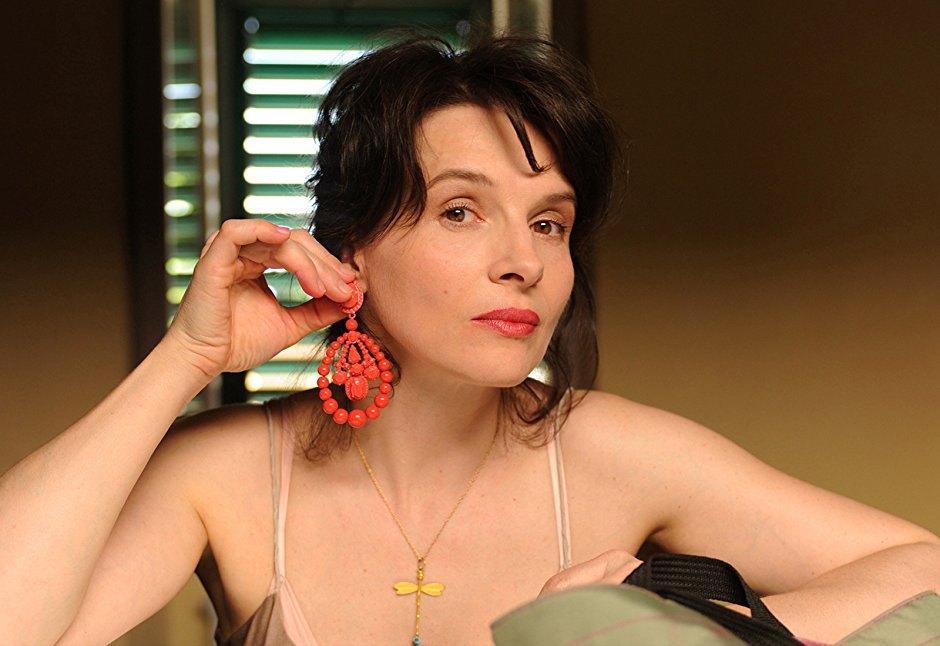
A proven hand at breaking the fourth wall and meticulously blurring the lines between fiction and reality to thoroughly examine the way art and real life both mirror and feed off each other, trailblazing Iranian pioneer Abbas Kiarostami put a refreshing new spin on his signature pet themes and tore at the very fabric of cinema itself in this 2010 Cannes standout, his first overseas production.
A British author (William Shimell) promoting his new book and a French antiques shop owner (Juliette Binoche) cross paths and wander around the picturesque streets of Tuscany, Italy while delving into deep, philosophical discussions about the intrinsic value of authenticity in art. Though they seem to be strangers at first glance, they’re later mistaken for a married couple by an unassuming local, which leads them to teasingly play along with the ruse during the second half. Their role-play works two-fold: first by laying the groundwork for the film’s central thesis — that even a reproduction can be as meaningful and inherently valuable as a piece of art as thes original — but also as the literal extension of it, suggesting that our preconceived notions of others are perhaps mere deceptive replicas masking their true inner selves.
9. Burning (2018)
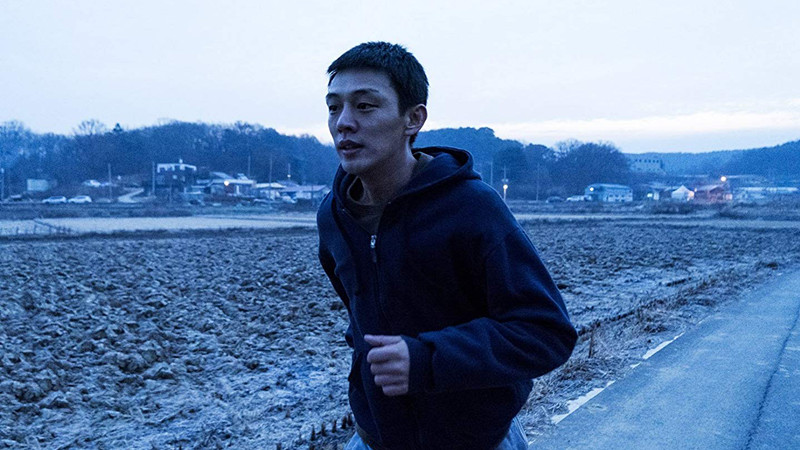
12 months before his fellow countryman Bong Joon-ho won the Palme d’Or with “Parasite”, Korean director and novelist Lee Chang-dong returned after an eight-year hiatus to take Cannes by storm with an even thornier and biting class-conscious parable that doubled as a delightfully unpredictable, genre-bending rollercoaster.
The love triangle between a disaffected Seoul delivery boy, his old childhood crush, and her eccentric yuppie boyfriend (a career-best Steven Yeun) supplies the baseline for a potent examination on modern class warfare, male rage, and upstairs-downstairs power dynamics — all seamlessly baked into an intricate Hitchcockian whodunit scenario. Every time you think you have figured out where the story is headed, this Haruki Murakami adaptation throws you off the trail frantically looking for answers before knocking you flat with a final showdown for the ages.
One of the great movies of the 2010s, there’s a reason why “Burning” plowed its way into our ranked rundown of the best thriller movies of all time — few movies in any genre improve more upon reflection, and if you walk away with more questions than straight-up answers, it’s more than accomplished its job.
10. I’m Thinking of Ending Things (2020)
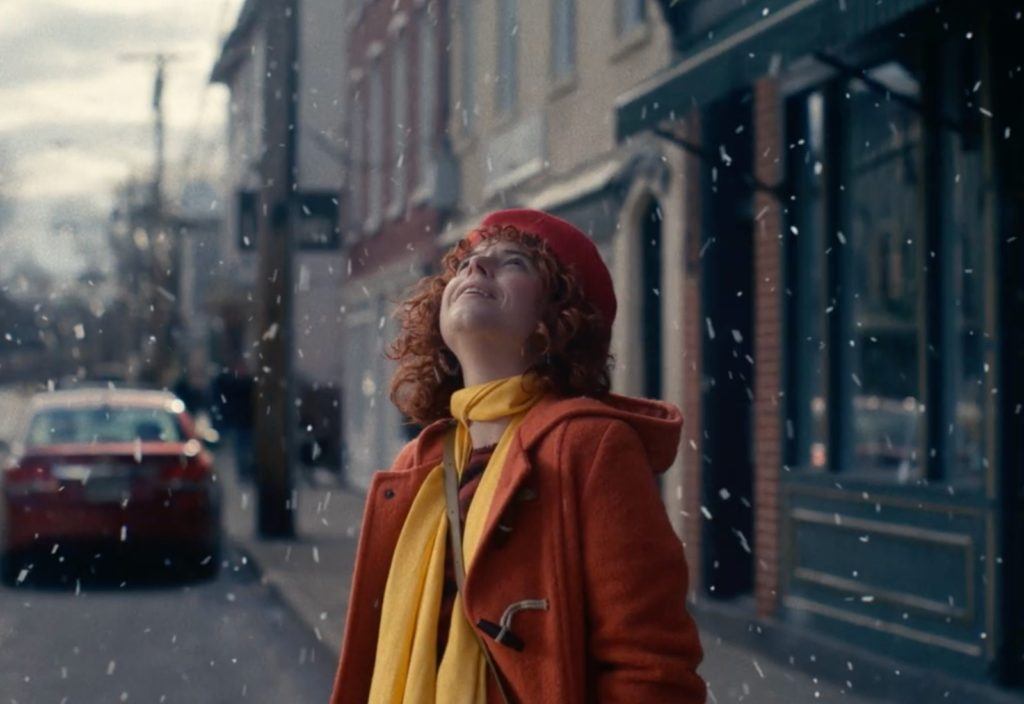
Ostensibly the story of a young female scientist (Jessey Buckley) mulling over whether to break up with his current boyfriend (Jesse Plemons) in the midst of a road trip to meet his parents for the first time, Charlie Kaufman’s latest stumper has way more lurking beneath the surface and soon gives way to something else entirely. This oblique, fourth wall-breaking adaptation based on a short novel by Iain Reid is overflowing with stray pop-cultural allusions (from “A Beautiful Mind” and Robert Zemeckis to Pauline Kael) as well as pointed ideas about mental illness, loneliness, and the way we collectively engage with art and use the media we consume to fill the gaps in our everyday, often mundane lives.
If you haven’t seen this Netflix gem yet, please consider doing so before reading on, because it’s hard to break down what the movie is really all about without giving away its big twist. Here’s the gist of it: As it turns out, the bulk of the scenes and characters we watch unfold are actually happening in the head of an aging, lonely high-school janitor stuck on a dead-end job who fills in time reflecting on past mistakes, gnawing guilt, and unconscious desires — including a younger, more successful version of himself (Plemons) and an idealized version of a girlfriend (Buckley) stewed from bits and pieces of every girl she’s ever had a crush on.
It’s a lot to take in, and audiences are mostly left to their own devices to put two and two together — but then again, that’s exactly what makes it a Charlie Kaufman film.